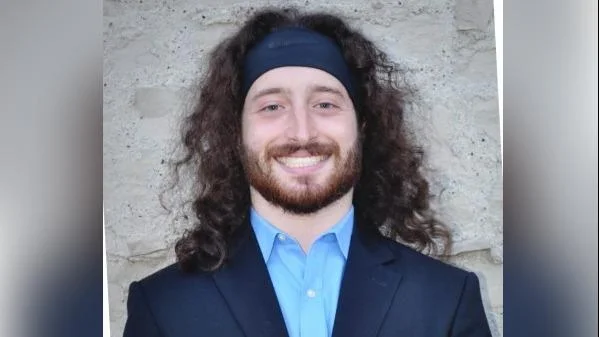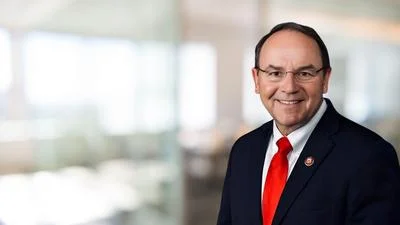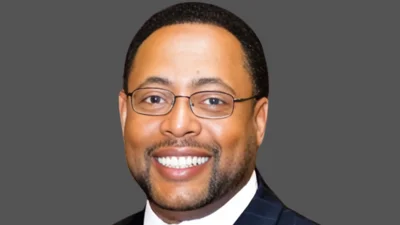Will Rosignal Digital Outreach Associate at the Badger Institute | LinkedIn
Will Rosignal Digital Outreach Associate at the Badger Institute | LinkedIn
Facing a $5 million annual cost to operate Milwaukee's free streetcar, The Hop, Alderman Scott Spiker questioned whether increasing parking ticket issuance could be a solution for funding. However, Department of Public Works (DPW) officials clarified that there is no connection between the two.
"The parking ticket increase is not at all tied into The Hop," stated Tiffany Shepherd, Marketing and Communications Officer for DPW. She added, "Also, The Hop’s operating budget is $4 million. We don’t see that as a deficit." Despite this statement, the Department of Public Works budget lists The Hop’s 2024 operating budget as $5.5 million.
The streetcar system, which cost $128 million to construct, has been funded in part by the American Rescue Plan Act (ARPA) over the past three years. ARPA contributed $7.7 million to its operating costs but will cease funding at the end of this year.
City Budget Director Nic Kovac warned that without alternative funding sources, The Hop would face a $4 million shortfall in 2025. At a recent Finance and Personnel budget hearing on October 10th, DPW Commissioner Jerrel Krushke outlined revenue increases from proposed budget changes: an additional $2 million from increased parking citations and fees; nearly $400,000 from raising parking meter violation fines; and another $206,500 from dockless scooter fee hikes.
Spiker queried if these measures were intended to cover The Hop's deficit: "Is it being used to subsidize the streetcar? Because that was never the intent." He did not respond to requests for further clarification on his comments.
The department aims to raise approximately $2.7 million through various automobile parking fee increases by issuing more tickets in 2025 due to fully staffed enforcement teams. "We are only trying to crack down on behaviors that go against safety and access," said Shepherd.
Portland recently linked vehicle-related fees with transit support by increasing them to aid its light rail and streetcar systems—a strategy mirrored across cities struggling with post-pandemic transit recovery challenges.
Randal O’Toole commented on transit programs' financial strategies: “Half of these transit programs charge no fares because they know that if they charged people for it, ridership would drop by at least 50%.”
Milwaukee's rider numbers have decreased significantly since COVID-19 began—down over 38% this August compared with August 2019—but remain committed not charging fares anytime soon according Shepherd who noted other systems reverting back after attempts charging failed long-term viability goals .
Mark Lisheron serves as Managing Editor for Badger Institute where any reproduction requires prior permission via contacting President Mike Nichols directly either email phone number provided .






 Alerts Sign-up
Alerts Sign-up